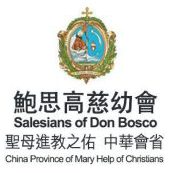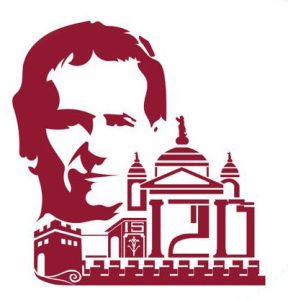
【慈幼通訊社 ─ 梵蒂岡城】2025年9月29日,梵蒂岡聖座傳播部宣布教宗良十四世為2026年第六十屆世界社會傳播日選定主題:「守護人類的聲音與面孔」。
當今的傳播生態中,科技以前所未有的方式影響人際互動——從藉由算法篩選信息流中的內容到人工智能生成整篇文本和完整對話。
當今人類已經擁有幾年前仍難以想像的可能性,雖然這些工具帶來了高效和廣泛的影響,但它無法取代人類獨有的同理心、倫理和道德責任的能力。公共傳播需要人的判斷,而非僅僅是數據模式。挑戰在於確保人類始終是主導者。機器應該是服務和維繫人類生活的工具,而不是侵蝕人類聲音的力量。
我們有眾多的機會,但同時風險也真實存在。人工智能生成的內容吸引,但也會有誤導、操縱和有害的訊息,人工智能訓練數據中存在偏見和刻板印象,又或者是通過模擬人類的聲音與面孔來放大虛假信息。亦有可能在未經當事人同意的情況下侵犯人的隱私和私人領域,過度依賴人工智能,從而削弱批判性思維與創造力。這些系統的壟斷式控制引發對權力集中和不平等的擔憂。
因此,在教育課程中引入媒體素養,甚至是媒體與人工智能素養(MAIL)變得非常迫切。作為天主教徒,我們能夠也必須貢獻己力,使人們——尤其是青年人——學會批判性思考能力,並在神性自由中成長。
(ANS – Vatican City) – On 29 September 2025, the Vatican Press Office announced the theme chosen by Pope Leo XIV for the LX World Communications Day, to be celebrated in 2026: “Preserving human voices and faces”.
In today’s communication ecosystems, technology influences interactions more than ever before – from algorithms curating news feeds to AI authoring entire texts and conversations.
Humanity today has possibilities that were unimaginable just a few years ago. But while these tools offer efficiency and reach, they cannot replace the uniquely human capacities for empathy, ethics and moral responsibility. Public communication requires human judgment, not just data patterns. The challenge is to ensure that humanity remains the guiding agent. The future of communication must be one where machines serve as tools that connect and facilitate human lives, rather than erode the human voice.
We have great opportunities. At the same time, the risks are real. AI can generate engaging but misleading, manipulative and harmful information, replicate biases and stereotypes from its training data, and amplify disinformation through simulation of human voices and faces. It can also invade people’s privacy and intimacy without their consent. Overreliance on AI weakens critical thinking and creative skills, while monopolized control of these systems raises concerns about centralization of power and inequality.
It has become thus urgent to introduce Media Literacy in the educational systems, or even Media and Artificial Intelligence Literacy (MAIL). As Catholics we can and should give our contribution, so that people – especially youth – acquire the capacity of critical thinking, and grow in the freedom of the spirit.


